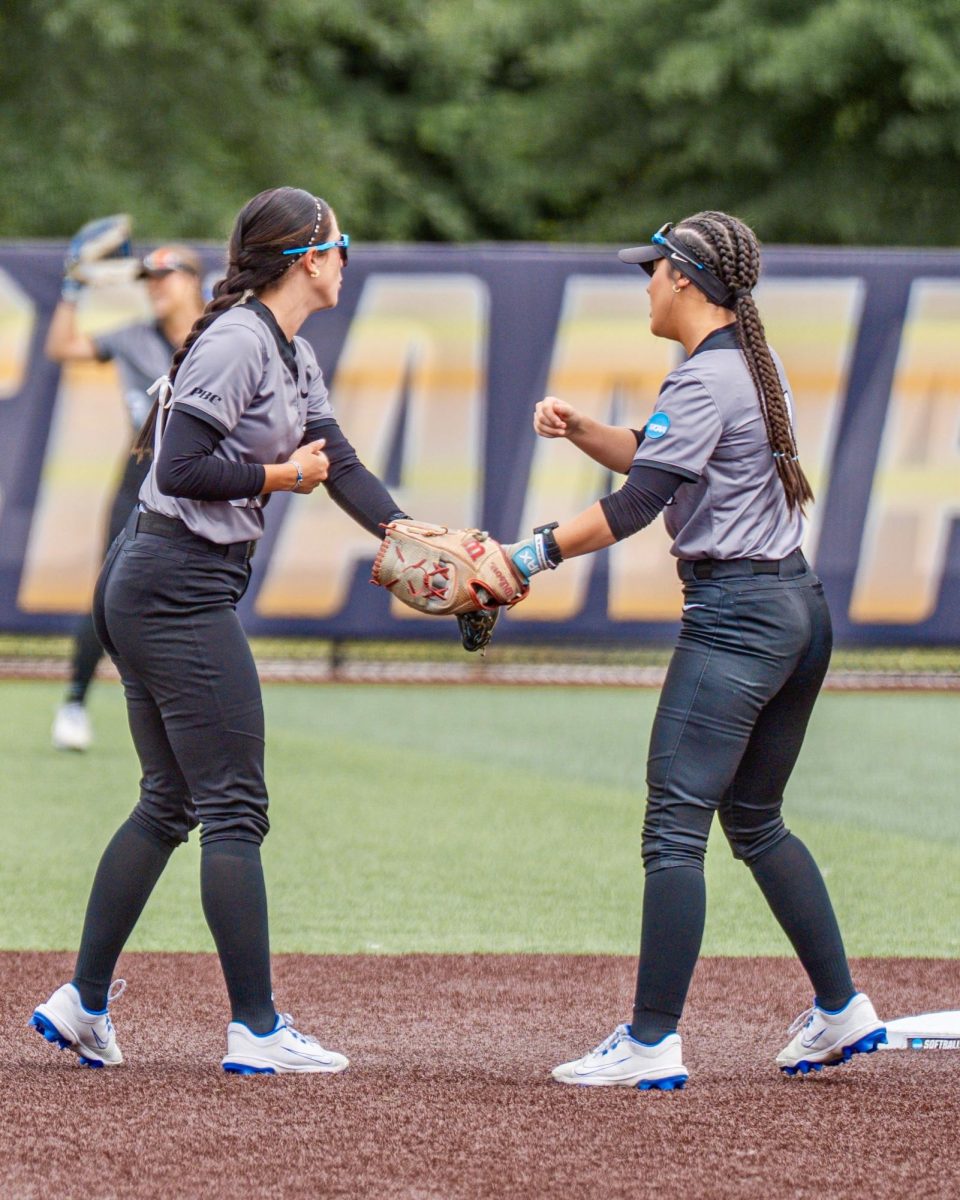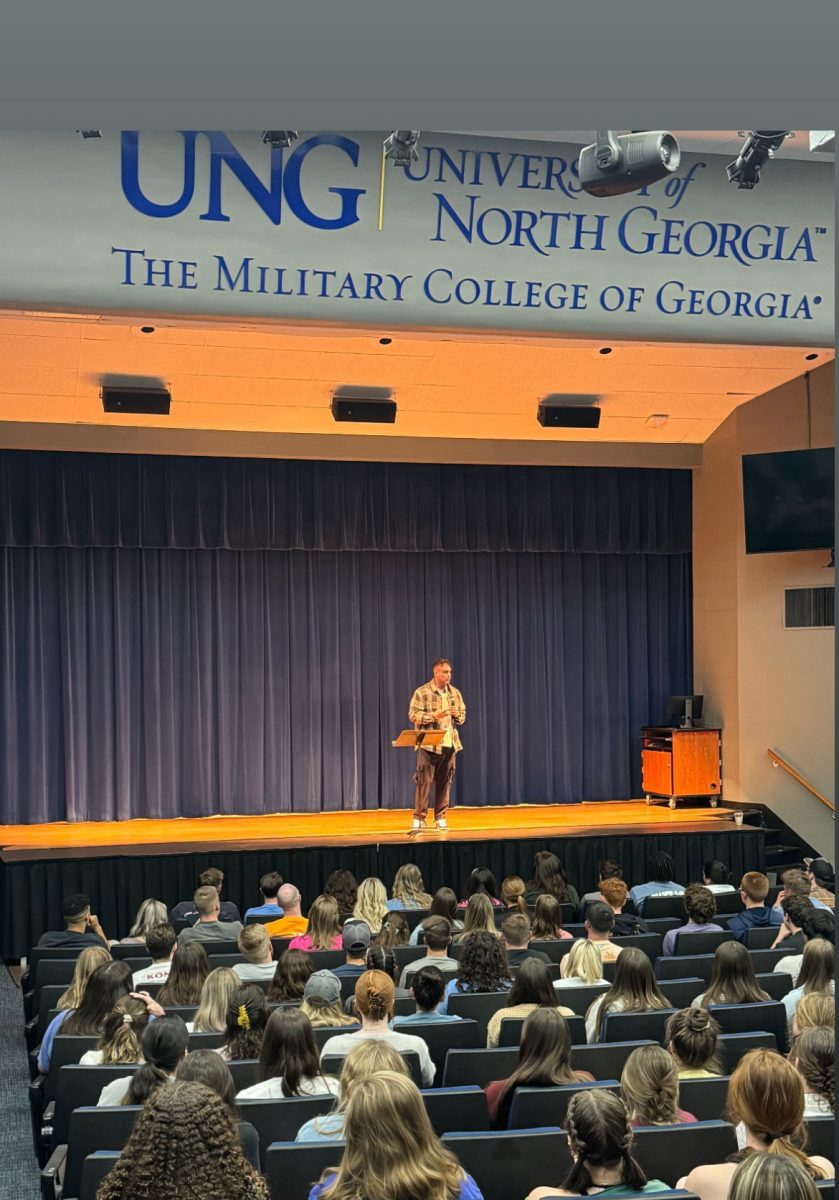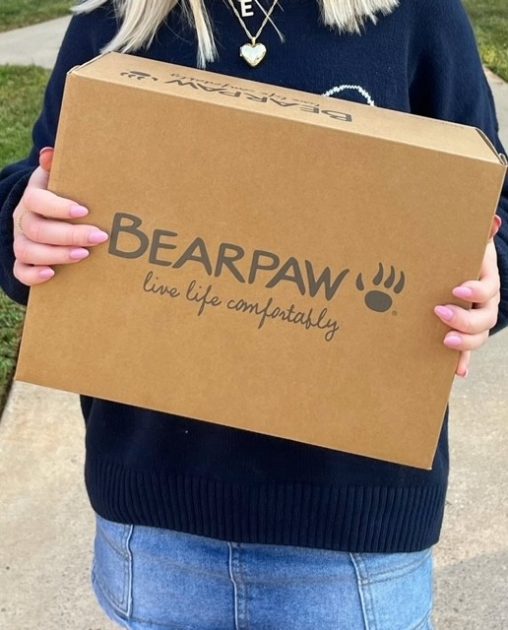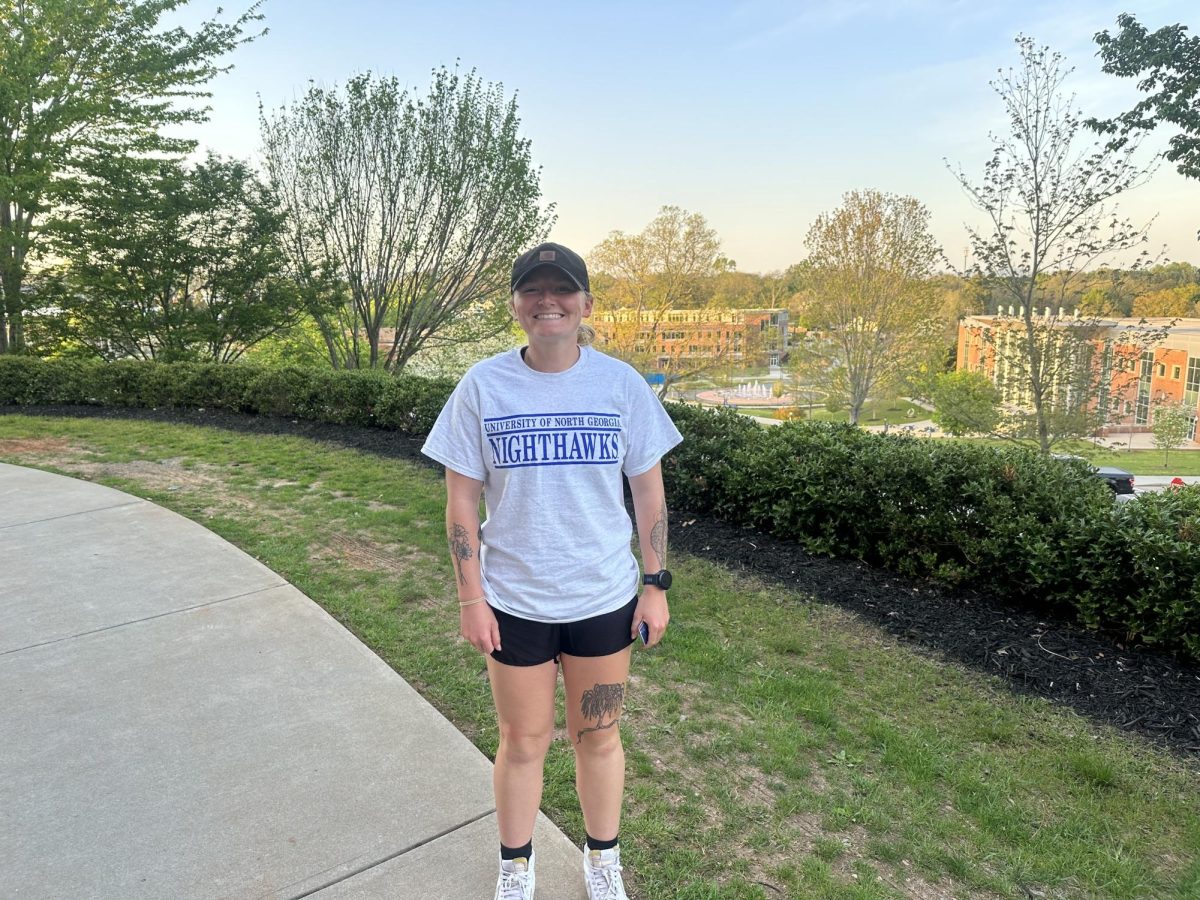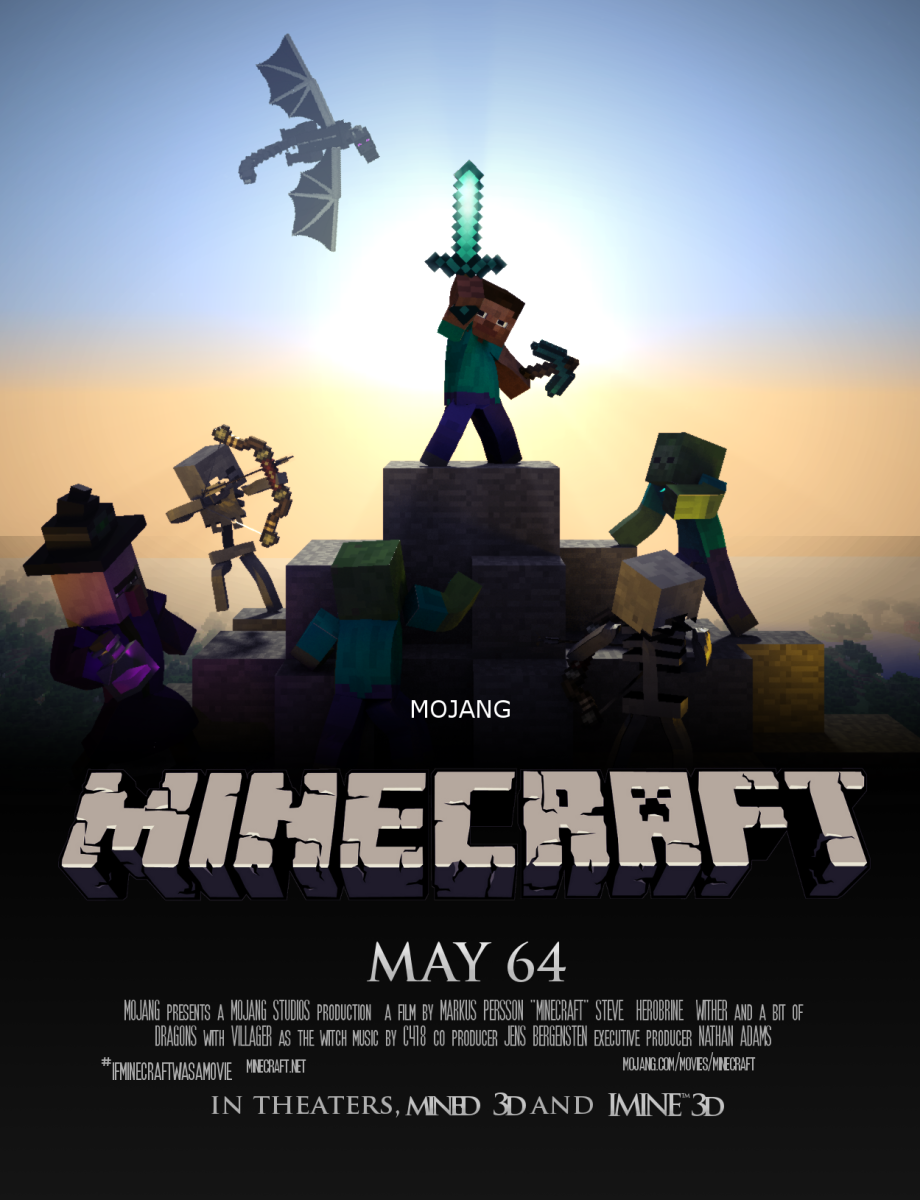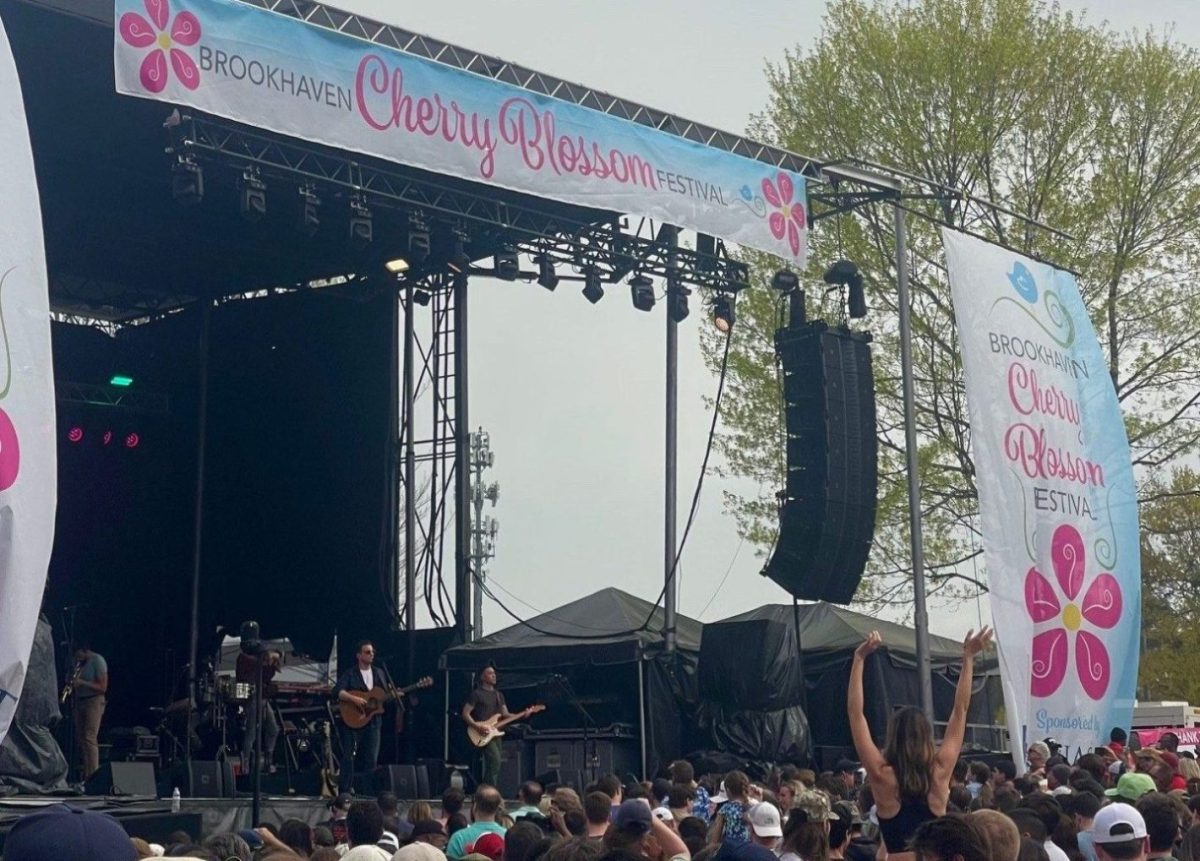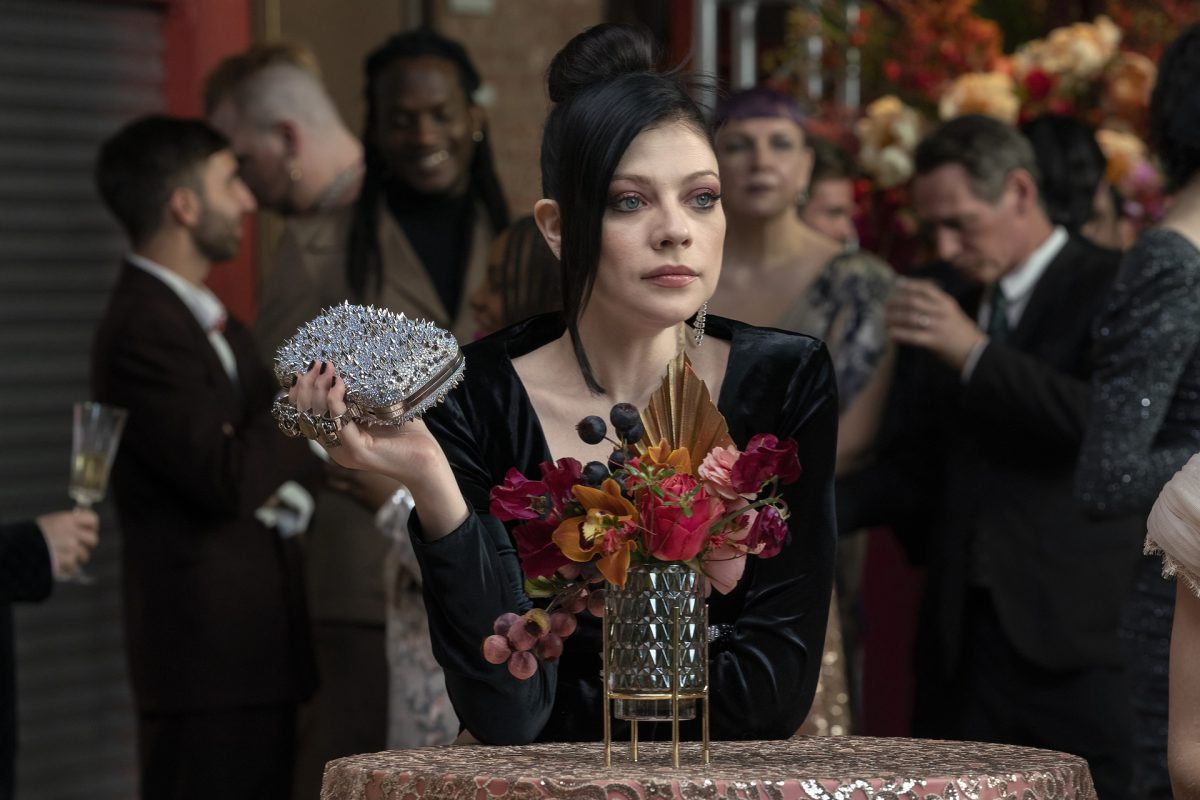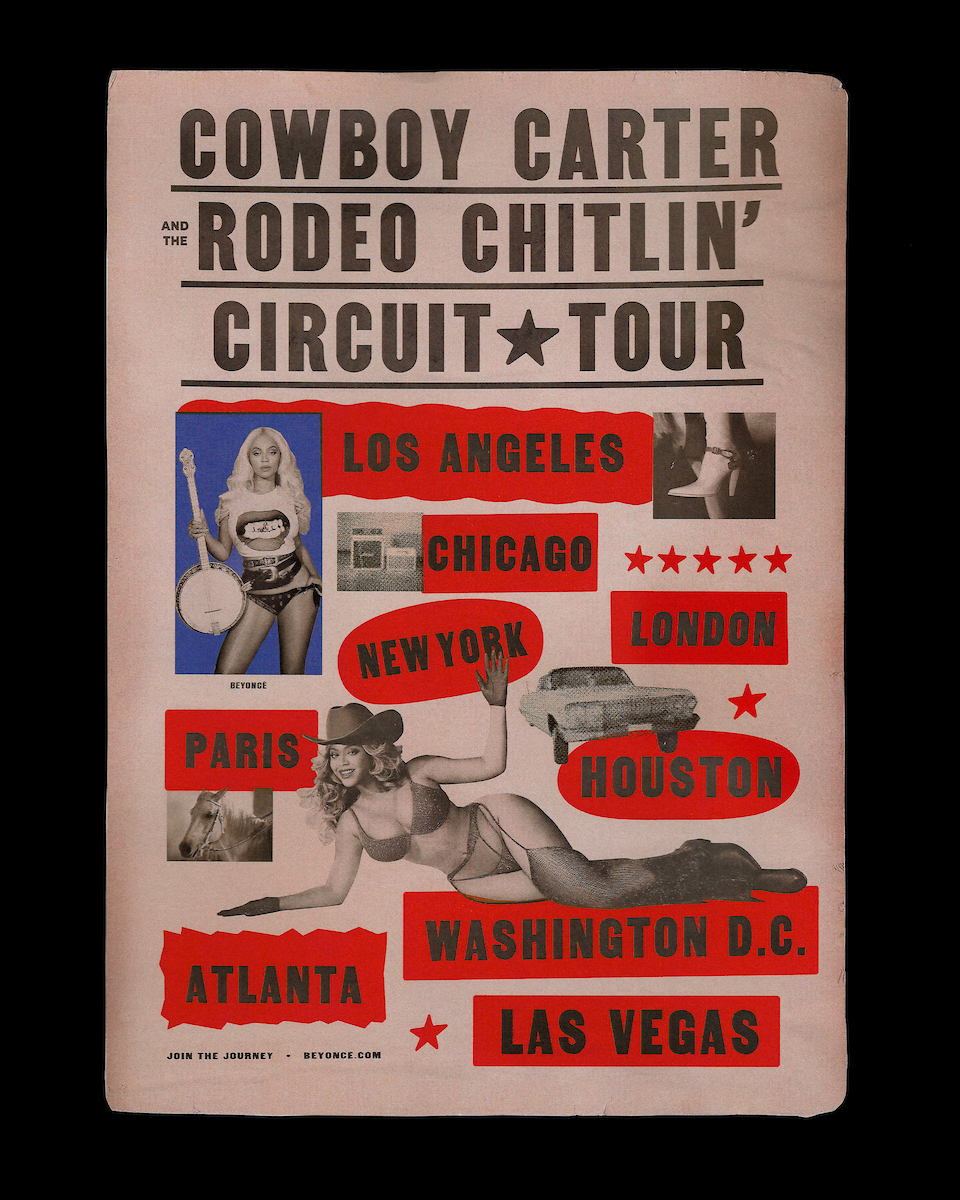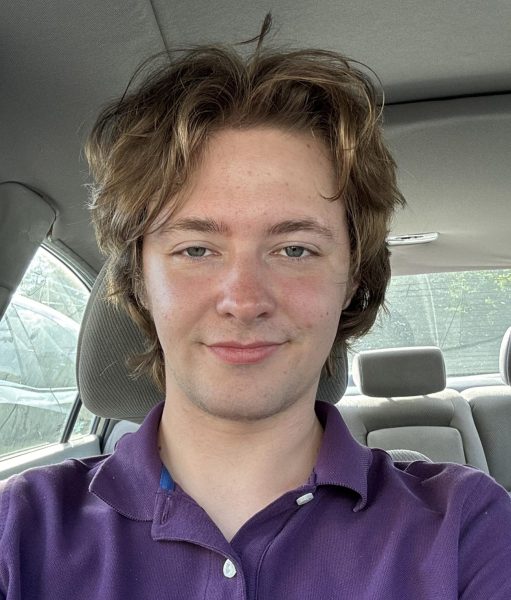“Silver Dollar Road” is a story that has been in the making since 2019 when ProPublica writer Lizzie Presser published an article about the dispossession of Black landowners in the South. Her focus was on the Reels family of Beaufort, North Carolina, who had laid claim to 65 acres of coastal property since the end of the American Civil War. Ownership of the 13-acre waterfront portion of the property was seized by a distant relative in the 1970s and was later sold under questionable circumstances to real estate developers.
Presser documents the Reels family’s struggle to take back ownership of their land. Alongside the investigation, ProPublica videographer Mayeta Clark filmed about 90 hours of footage documenting the Reels family. Presser and Clark reached out to Haitian filmmaker Raoul Peck to collaborate for a potential documentary on the story. “Silver Dollar Road” came into fruition after Peck did his own shoots of the Reels family. Peck is best known for his documentaries on political figures, including James Baldwin, Patrice Lumumba and Karl Marx.
“Silver Dollar Road” premiered at the Georgia Film Festival, hosted at the University of North Georgia Gainesville campus on September 15, a week after its world premiere at the Toronto International Film Festival. The film is set to release on Amazon Prime Video on October 20.
The UNG Vanguard had the opportunity to speak with Peck after the Georgia Film Festival screening. This interview has been condensed and edited for clarity.
____________________________________________________________________
Chaz Mullis: “Silver Dollar Road” is a story about a struggle for land ownership and community, both of which are becoming more difficult to attain in the current American economic system. Do you feel that this film speaks to that plea we have as working-class people to strive for private ownership of land?
Raoul Peck: In the case of the Reels family, they don’t have a choice. They have to fight for who they are. You might live in a city, but living there doesn’t make you forget what it’s like living in the land where you were born. Your homeland shows an incredible sense of your roots. Land is not an innocent matter in any country in the world. Many wars have been fought over land. Look at Ukraine and Russia: they’re fighting because of land right now. So, the history of this country is about land, specifically land that was stolen. It started with stealing land and killing people, and it continued with enslaving other people who worked on that land. America’s origin story is not the pilgrims. It’s the land. So, you can’t cut that link today just because most people live in cities. The link [to your homeland] is still there. You hear people say that they’re leaving Philadelphia or New York to go back home, but where is home? It’s where you have a piece of land or where your father or grandfather had a piece of land. You come from somewhere. Land is much more than just symbolic; it rooted you somewhere. For the Reels family, that’s what it is. Since the end of slavery, the Reels family have been living on those 65 acres of land. That’s all they know. So, imagine being asked relentlessly to vacate the most expensive part of your land because something happened in the justice system that nobody can really explain. Your brothers had to spend eight years in jail for it. That’s totally traumatic.
Mullis: Do you see more stories like that of the Reels family becoming prevalent in today’s world?
Peck: Yes. There are more and more stories like that starting to come out, but it’s not something that has just started happening. [The dispossession of land] has been going on for the last century. There is a number that I quote at the end of the film: 90% of black farmers lost their land in just a couple of decades. That’s the reality, and it’s not one that is exclusive to black farmers. It’s true for indigenous farmers and poor white families, too. Land, again, is in the DNA of this country. We might not realize it, but it’s the key to this country, especially after the COVID pandemic. People had to “return to their land” in a way. You feel more grounded in your homeland somehow. I think this is because cities have forced everyone into anonymity. When you’re in a city, you can do whatever you want because there are no neighbors who saw you growing up. There’s no uncle who will reprimand you for doing whatever you want. Your anonymity is the price you pay because you’re losing your roots to your homeland. Of course, these issues concerning land are not exclusive to America. There will be wars that happen in the future over our depleting natural resources, so land will become even more of a central issue.
Mullis: I feel like people who live in cities are very individualistic, which you seem to agree with. City dwellers don’t have a community like the Reels family does, and I feel that the communities that currently exist aren’t as close as the Reels family. Do you think the traditional “community” will die out?
Peck: In a more structural way, that is the story of capitalism. Capitalism started in the 19th century in England and the first thing it did was take away land from the farmers. They had to leave that land to work in factories in the city. Once that exodus of farmers started, the new landowners could do whatever they wanted. It’s not that it [community] will just stop existing. If this economic system stays in place, it will slowly die out. Each time human beings started creating a community like Harlem or Brooklyn, gentrification occurred and chased the original owners away from their land and their “community.” It’s always the same story: it’s about greed and making profit that is not used for the wellbeing of the people and their community. The newest form this struggle took place was after the COVID pandemic when people tried to buy land for housing. Of course, the only people who can do that are the wealthy, and that pushes out the people who initially lived there. In the film, Mamie Reels said “Once you chase us all from our community, who will cook for you? Who is going to clean your house? Who will be the busboy?” That’s the reality and that’s how capitalism functions. There’s no limit to it. It is in place for the success of the few.
Mullis: I hope there will be more media like yours that showcase these struggles.
Peck: It’s about you, too, my friend. You have the potential to show these struggles to the world. That’s the reason behind why I make films. I do so to help people understand and identify the problem for themselves and then decide to do something about it. It’s about finding people who think like you and decide that we can collectively tackle these systemic issues. You must know your history to react to it and hopefully make something better. That’s part of what I expect from the audience. Sometimes I’ve met people at my screenings who say, “What should we do?” Usually, I tell them that it’s not so much about what you should do, but that if you don’t do anything, there will be no change. You can either be active in trying to solve the problem, or you will be a victim. Whatever you decide you will be. Whether you do something or not, the result will be there.






